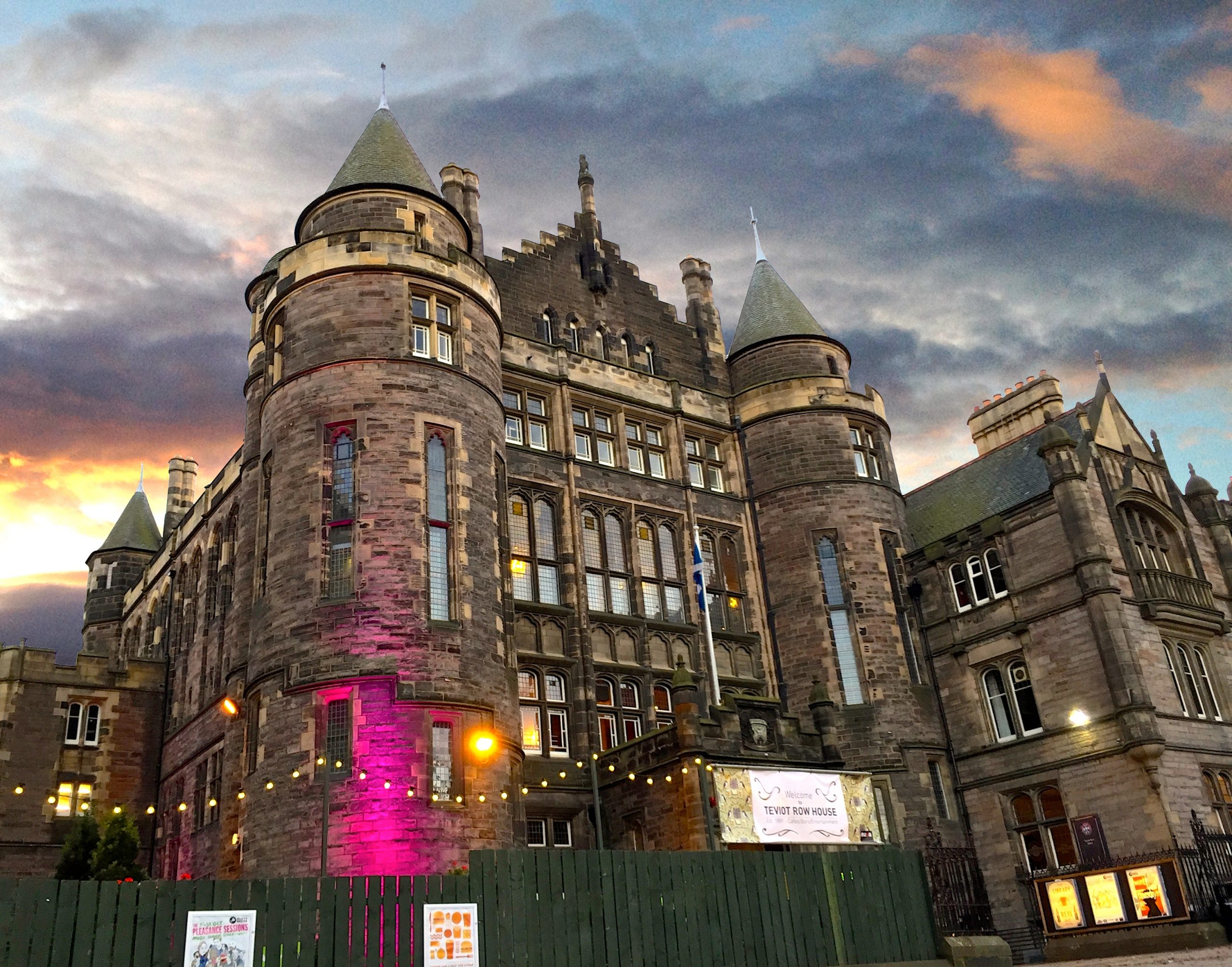Two weeks ago Cambridge student and Conservative Association member Ronald Coyne set a £20 note alight in front of a homeless man. Coyne, a grotesque caricature of an Oxbridge Tory in white tie and tails, was a posh monster, removed from anything resembling ourselves. We can explain his actions because he is a vicious cocktail of Cambridge, Conservatism and public education, rather than look at our own university, our own experiences and our own behaviour.
In 2016, the Higher Education Statistics Agency found Edinburgh was the 12th worst university in the country for its working class intake, with only 18.7 per cent of Edinburgh students from a working class background. In the same year, HESA also found that 30 per cent of Edinburgh’s students come from private schools.
In my first year, my halls were next door to social housing, with my kitchen window overlooking the entrance to the council flats. My halls were some of the most expensive, costing well into the £5,000 bracket. On one occasion, two female students turned up: one dressed in dirty trainers, an oversized Adidas hoodie and leggings and the other with a camera. For the next half hour, a modelling session ensued, using the council flat as a backdrop. On various other occasions, the smell of weed would float up into the kitchen, as students from my accommodation decided to both deal and take drugs from within the council housing. Students can only feel so entitled to use this space if they buy in to a certain perception of working class or poor people as different; be that as gritty scenery for an edgy ‘urban’ photoshoot, or inherent criminals who won’t notice even more drugs on their doorsteps.
However, this blatant classism is as equally harmful as the assumption that middle class life experiences are universal. Classism is northern and broad accents being corrected to sound like received pronunciation. It is a comment on how Primark clothing is naff, without acknowledging that not everyone can afford Topshop. It is students singing along to Grime music, then crossing the road when they see someone coming towards them wearing a hoodie. It is Why Not nightclub hosting a Chav Night, and clubs not admitting working class students because they are seen as undesirable. It is these small incidents that stack up, creating an atmosphere that is both unwelcoming and intimidating. It maintains a culture where working class students feel that they do not belong.
Nor is it just students who replicate these assumptions. Last year, the University of Edinburgh sent out a newsletter with the article “Add a degree of fashion to your graduation day”, recommending “a little black dress from a brand like Carven or Iro”, Gianvoti Rossi heels and a £2,395 Alexander McQueen clutch bag. The helpful advice ended “remember, image is everything!”. If image is everything, and you cannot afford to spend £1,000, does this make poor students nothing? Working class students see this, and it impacts on their decision on whether or not they want to apply.
While universities are ever increasingly socially conscious, class feels overlooked. Edinburgh has four liberation groups; Black, Minority and Ethnic , LGBT+, Women’s and Disability & Mental Wellbeing. Class is undeniably linked with all of these, but is not itself specifically represented. Manchester, SOAS and St Hilda’s College Oxford have all introduced working class officers to try and bridge the gap between middle and working class students. At a time of maintenance grant cuts, rising fees and austerity, this gap will only widen unless we act.
Casual classist remarks and attitudes are not the same as lighting as £20 note in front of a homeless person. Yet, they are not as removed as we would like to think. Micro aggressions, like using the word ‘chav’, legitimise behaviour that can then culminate in the outrageous act of burning a £20 in front of a homeless person. What Coyne did was wrong, but it does not grant us license to stop examining our own behaviour when it comes to class.
Image Credit: Thurston Smalley

